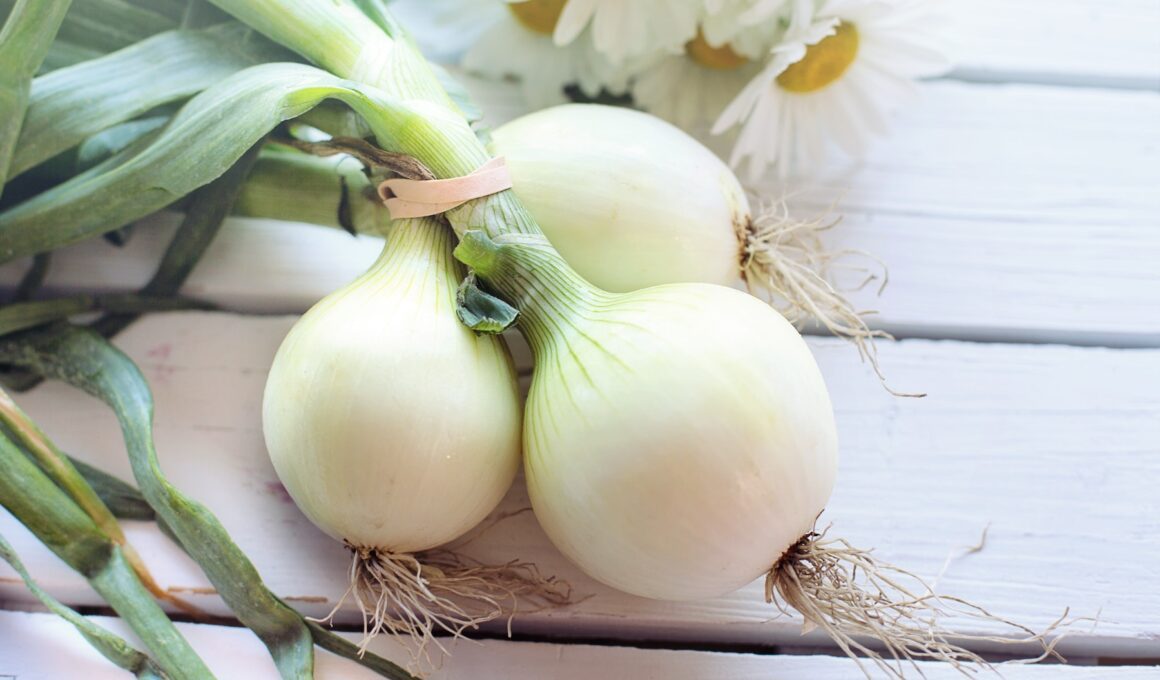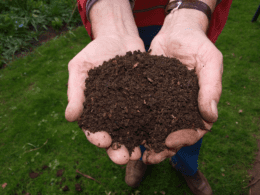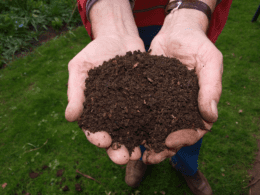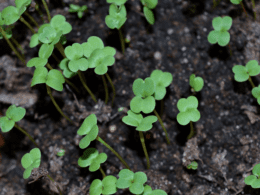Quick Takeaways
- Composting onions is an easy and effective way to improve garden health and reduce food waste.
- Balancing green and brown materials is crucial and layering shredded cardboard or newspaper minimizes odor.
- Onion scraps are rich in nutrients plants need and contribute to garden health and beauty.
- Vermicomposting onions should be done in small amounts and with attention to detail.
How Can I Compost Onions and Turn them Into Garden Gold?
When it comes to composting tips for transforming weeds, onions might leave you puzzled. However, fear not! Onions can indeed be composted and turned into nutrient-rich garden gold. Chop or grind them finely to expedite the composting process and ensure they break down effectively. Remember to balance the onion greens with other organic materials in your compost pile, like dry leaves or straw, to maintain optimal moisture levels. With patience and proper care, your compost will thrive, enriching your garden with all its oniony goodness.
Onions in Composting
You can easily compost all types of onions by using proper chopping techniques. Chop them up into smaller pieces to speed up the decomposition process. This will help your compost pile break down faster and create rich, nutrient-dense compost for your garden. Onions can produce a strong odor while they decompose, but there are ways to minimize this. Layer shredded cardboard or newspaper on top of the onion scraps to control the smell. This will also help to balance the ratio of green and brown materials in your compost pile. By following these simple steps, you can turn waste into garden gold and improve the health and beauty of your garden.Vermicomposting Onions
When vermicomposting, it’s important to remember that onions can be safely added in small amounts. However, large quantities of highly acidic food scraps should be avoided to protect the worm population. This is because worms naturally avoid eating malodorous material like onions. Adding too much of these acidic food scraps can harm the worm population and affect the overall health of the vermicomposting system. To keep your worm population thriving, it’s best to balance out the onion scraps with other compostable materials that aren’t as acidic. This can include fruit and vegetable scraps, coffee grounds, and shredded paper. By maintaining a healthy balance of green and brown materials, you’ll be able to turn your food waste into rich compost that will nourish your garden and help it thrive. Remember, vermicomposting is a delicate balance and requires attention to detail, so be sure to take care when adding onions and other acidic scraps to your compost bin.Benefits of Composting Onions
Adding onion scraps to your compost pile can contribute to the overall health and beauty of your garden. Not only does it help reduce waste, but it also improves soil fertility. Here are a few benefits of composting onions:- Onion scraps are rich in nutrients that plants need to thrive, such as nitrogen, phosphorus, and potassium.
- Composting onions helps to create a well-balanced soil structure that promotes root growth and water retention.
- The organic matter provided by onion scraps helps to feed beneficial microorganisms in the soil, which in turn improve soil health.
- Composting onion scraps reduces the amount of waste that goes to landfills, which can have a positive impact on the environment.
- Using compost made from onion scraps can help reduce the need for synthetic fertilizers and chemical pesticides in your garden.









